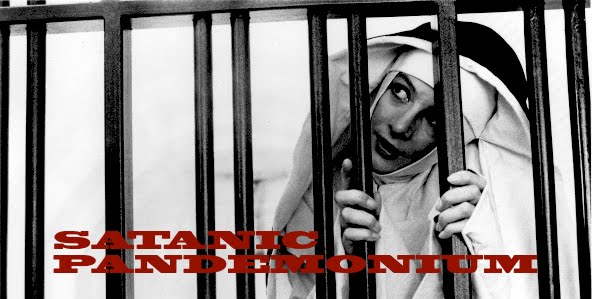Rainer Werner Fassbinder, 1972
Starring: Hans Hirschmueller, Irm Hermann, Hanna Schygulla, Klaus Löwitsch
Hans, a fruit-peddler in 1950s West Germany, lives a life of quiet misery. He was in the French Foreign Legion during the war, but his mother lamented his return. His wife, Irmgard, despises and mocks him. One night he drinks himself into a stupor, because he laments that his mother forces him into the profession of fruit-seller, when he wanted to become a mechanic, and the love of his life married someone else due to this lowly profession. He returns hime and beats his wife in front of their young daughter. Irmgard takes their child and flees to the home of Hans’ mother, where his family — who also despise him, all except his sister Anna — sides with her. She intends to file for divorce, but Hans collapses and almost dies. During his recovery, Irmgard is kinder, though unfaithful, and his business takes off, but he sinks deeper into a hopeless depression.
Though Fassbinder was incredibly prolific throughout his career, generally making four or five films per year plus theatrical production, 1971 was perhaps strangely devoted to only one film: Merchant of the Four Seasons. This marks a major transitional phase in Fassbinder’s career, where melodrama inspired by Douglas Sirk, a German director who moved to Hollywood, began to have a bigger affect on his output and he moved away from early influences like Godard, the French New Wave, and American film noir. In a certain sense, this film is more accessible than his earlier works, but also crueler and more nihilistic. It’s not true melodrama, but remains a creation unique to Fassbinder.
Like some of his later works, such as Fox and His Friends or Fear of Fear, this has a relatively simple and mundane-sounding basic plot: the horror of suburban life. Fassbinder’s typical themes, such as hatred, prejudice, cruelty, manipulation, and self-destruction are all present, and Hans’ only nemeses are his loved ones. Through Hans, Fassbinder explores the pain of isolation, the need for love, and the thoughtless cruelty of friends and family members who emotionally exploit Hans without a second thought. In some ways, this foreshadows In a Year With 13 Moons, a much more crippling account of the same themes.
This also marks a departure for the visual space and cinematographic themes of Fassbinder’s work. One of his regular collaborators, Dietrich Lohmann, acted as director of photography and provides the film with a look new to Fassbinder’s catalog. The palette is bright and colorful, but flat, oppressive. Fassbinder and Lohmann capture the despair and claustrophobia of the crowded, closed-off rooms of Hans’ apartment or the staged-looking domestic spaces of his mother’s house that feel staged, rather than comforting or lived-in. There is the never-ending sense that people build the structures of their own misery, though Hans’ downfall is that he has let his life be shaped by manipulative, loveless women.
Merchant of the Four Seasons also introduces some new talent to Fassbinder’s roster of actors. Though regular stars Hanna Schygulla, Kurt Raab, and Ingrid Caven all appear in small roles, this is the first time Irm Hermann was given a starring role in one of Fassbinder’s films. She’s excellent as Hans’ caustic, often cold wife, a dramatic character of complex emotions. Hans Hirschmueller (Alice in the Cities) is subtly powerful as Hans, a man sinking slowly and inevitably into despair and death. The handsome Klaus Löwitsch appeared as Harry, Hans’ only friend, and would return for Fassbinder’s World on a Wire, The Marriage of Maria Braun, and Despair.
Merchant of the Four Seasons comes recommended and is a great place to begin if you’re new to Fassbinder’s work. There’s a great Arrow DVD, which includes a number of special features. This nuanced film balances an examination of mundane, every-day human cruelty and a critique of German society and the financial boom of the 50s. Devices like close-up shots of Hans in the family apartment and flashbacks of his encounter with his mother and his dream woman build a pervasive sense of his enduring misery. Fittingly, the film ends with its earliest chronological flashback, where Hans is saved from death during the war, but instead wishes that he could have died — a sentiment we horrifyingly realize he has felt since.


No comments:
Post a Comment